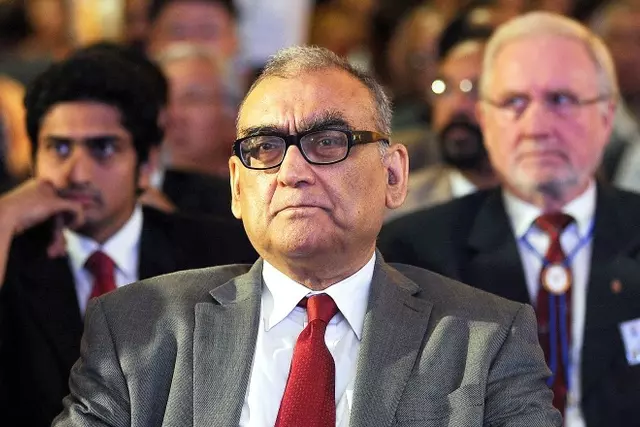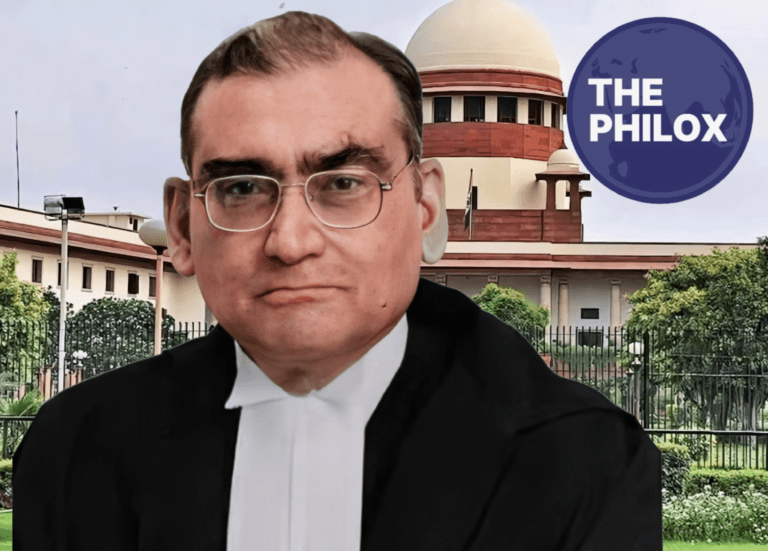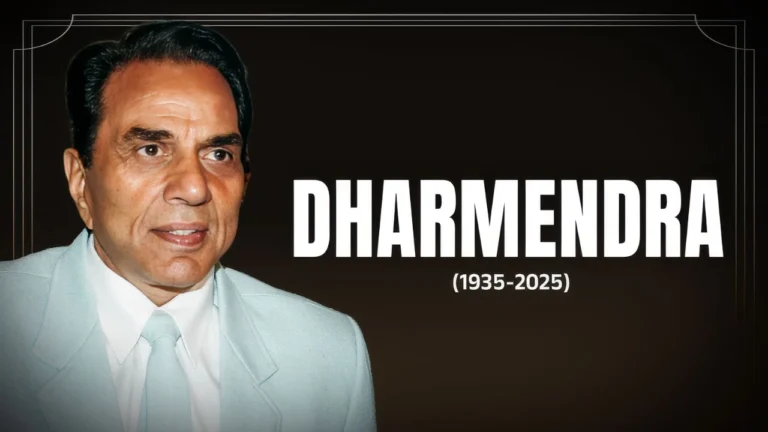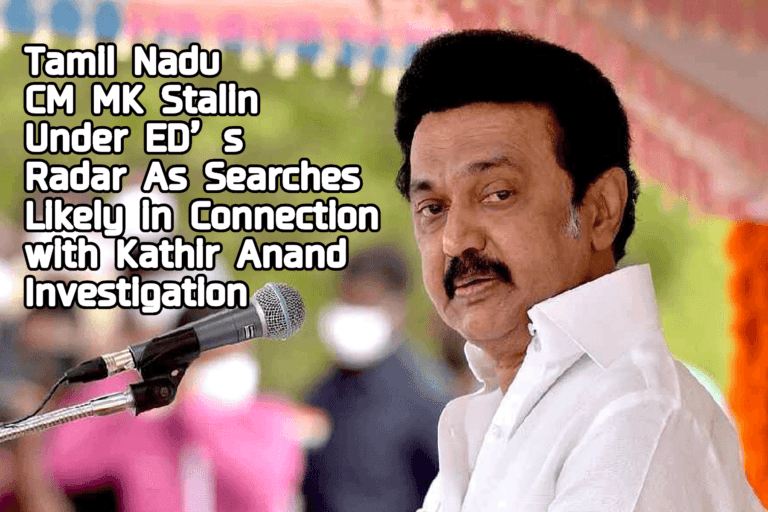
Kapil Sibbal
I saw the panel discussion anchored by my good friend Kapil Sibal, MP, former Union Minister and eminent senior advocate of the Supreme Court ( in his programme ‘Dil Se’ ) which included retired Justice Oka, former Judge, Indian Supreme Court, eminent film producer Mahesh Bhat, and eminent journalist Siddharth Varadarajan.
For advertisement on our platform, do call at +91 6377460764 or email us at contact@thephilox.com.
I regret to say that I found the discussion totally superficial and lacking any depth. The substance of what the speakers said was that today there is lack of freedom for the media and films, and the judiciary is not doing it duty properly.
In the words of Siddharth Varadarajan, editor of thewire.in, ” We have a government with an ideology that wants to control what people think, what they say, what they read, what they eat, how judges decide cases, what kind of movies are to be made, etc ”
All this is no doubt true, but none of the participants in in the discussion probed into the causes for all this, and without doing so the discussion became shallow and superficial. Let me explain.
Parliament, an independent judiciary, democracy, a free press, freedom of speech, liberty, secularism etc are modern institutions and principles, belonging to, and corresponding to, a modern industrial society. They do not belong or correspond to feudal or semi-feudal societies. India is still semi-feudal, as is obvious from the rampant and widespread casteism and communalism present in Indian society even today.
https://indicanews.com/justice-markandey-katju-caste-still-deeply-entrenched-in-indian-society
http://justicekatju.blogspot.com/2017/
Our Constitution made in 1950 provided for democracy, parliament, an independent judiciary, freedom of speech ( which was interpreted by the Supreme Court to include freedom of the press ), liberty, freedom of religion, etc.
Now all this does not belong to, or correspond to, feudal or semi-feudal society, which India was in 1950. But our Founding Fathers thought that these modern institutions and principles, when transplanted from above, would gradually uplift our feudal and semi-feudal society and bring it into the modern age.
This was a basic misunderstanding. Great historical transformations of a society cannot be made by just enacting a Constitution. They require a mighty people’s struggle culminating in a historical people’s revolution.
https://www.hastakshepnews.com/2024/10/the-purpose-of-indian-constitution.html
https://www.hastakshepnews.com/2023/10/caste-cannot-be-abolished-by-laws.html
What really happened after 1950 was that instead of the Constitution uplifting and transforming India into the modern age, the modern institutions created by the Constitution were feudalized.
https://www.theweek.in/news/india/2019/02/05/opinion-india-stormy-days-ahead.html
No doubt some progress was made in independent India. Industries were set up, education became widespread, even to girls, etc. Nevertheless, massive poverty, massive unemployment, appalling level of child malnutrition, almost total lack of proper healthcare and good education, atrocities on minorities, dalits, women, etc persist and are widespread till this day.
https://indicanews.com/justice-markandey-katju-on-indians-constitution-day
While the Constitution proclaims equality ( vide Articles 14 and 15 ), there is in fact widespread injustice to minorities, dalits, women, tribals etc, often with the judiciary and the police turning a Nelson’s eye.
Our country is still socially semi-feudal, as evident from the rampant casteism and communalism prevalent in India even today.
When most Indians go to vote in elections they do not see the merit of the candidate, whether he is a good man or bad, educated or uneducated, etc. They do not see whether unemployment and prices are rising. All they see is the candidate’s caste or religion ( or the caste or religion his party claims to represent ). That is why Phoolan devi, a dacoit and mass murderer, was elected to Parliament, just because she was of a backward caste. And that is why half the MPs elected in the 2024 Lok Sabha elections have criminal backgrounds
Theoretically, democracy sounds like a good idea. But as practised in India it is lagely caste and communal vote bank politics. Cateism and communalism are feudal forces, which have to be destroyed if India is to progress. But democracy, as practised in India, further entrenches and strengthens them ( because it runs on their basis ).
Thus we see how a moderrn institution, democracy, has been feudalized in India
The speakers in the discussion harped on the suppression of freedom in the present dispensation.
No doubt there was freedom in the Nehru era. But how fragile it was was proved when his daughter Indira Gandhi imposed a fake Emergency in 1975, in which lacs of people were arrested on fabricated charges and incarcerated in jail for long periods, and numerous other atrocities committed. Our ‘independent’ judiciary showed how ‘independent’ it was by holding that a person has no right to life and liberty during an Emergency ( vide ADM Jabalpur vs Shivakant Shukla ). Our ‘free’ media crawled, when it was only asked to bend, as LK Advani said.
As I said earlier, freedom is a feature of modern, not feudal or semi-feudal society. So it is pointless complaining of its suppression in India, which is a semi-feudal country.
It is regrettable that none of the above matters were even touched upon by the participants in the discussion, who only indulged in trivial, hackneyed platitudes, shibboleths, banality, and cliches





